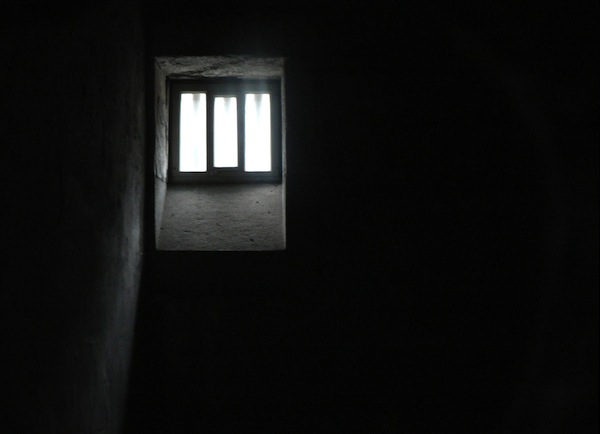It has been reported by the Guardian that prisoners have been expected to urinate and defecate in buckets overnight and sleep in ‘inhumane’ conditions. The historical habit of ‘slopping out’ considered the ‘single most degrading element of imprisonment this century’ by penal reform groups, was intended to be prohibited as of 1996.
Notably, in-cell sanitation does not exist in some 2000 prison cells across 10 prisons such as Blundeston, Bristol and Gloucester. This is particularly problematic for elderly and disabled prisoners.
In HMP Bristol, the Chief Inspector of prisons recently spoke to inmates who said they had to resort to using buckets and throwing the waste out of the window, which then splashed into the cells below.
In 2011, a case in the High Court found that not having in-cell sanitation did not amount to a breach of a prisoner’s Human Rights. However, prisons without in-cell toilets are supposed to operate ‘night sanitation’ systems, allowing prisoners to be unlocked in order to access the communal bathrooms. Prisoners who need to use the toilet join an electronic queue to be unlocked – usually for eight minutes – and many report long waits. Prisoners and inspectors say in reality the system does not function properly, it is unreliable and subject to frequent breakdowns.
Coldingley Independent Monitoring Board’s (IMB) annual report, published in October 2023, stated that there will be upcoming and much-needed refurbishments to the old residential units. Yet, it is estimated that the ‘existing call-bell sanitation facilities will remain in use for years.’
A report from The Howard League from 2019, criticised the persistence of toilets in cells, making the point that in England and Wales 20,000 men sleep in a shared toilet. The practice of ‘slopping out’ in prisons they say was a ‘revolting practice’, rightfully outlawed by a previous inspector of prisons. However this led to toilets being put in cells, which worsens conditions where people are supposed to live and sleep. They suggested increased freedom to move, exercise and do useful activities during the day would lessen the numbers of prisoners being awake at night, alongside reducing the time they are locked in their cells overnight to a seven to nine hour period.







